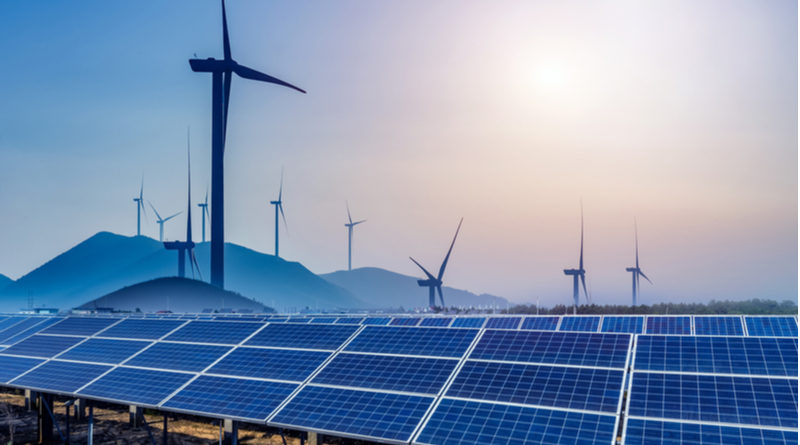Learn about Renewable Energy
Considering a Course in Renewable Energy?
Around the world, Renewable Energy use is on the rise and these alternative energy sources could hold the key to combatting climate change. Renewable Energy offers an environmentally friendly alternative to our current energy sources and as advances in technology make Renewable Energy more accessible, affordable and efficient it seems like an end to climate change could be within our reach.
While Renewable Energy accounts for a minority share of the world’s energy supply currently, it is also the fastest-growing energy supply on the planet. The great news is that there are many Renewable Energy courses currently available for you to get started.
What is Renewable Energy?
Renewable Energy is a term used to describe a group of energy technologies derived from renewable resources which naturally replenish. The most common Renewable Energy sources are; Solar or Sunlight which harnesses the sun for energy, Wind which utilizes the motion of the wind to create electricity, Hydropower which uses moving water to generate power, Biomass refers to a group of technologies that use living or recent living organisms and waste to create energy, Tidal Energy uses the rise and fall of the tides to create power and Geothermal that uses the internal heat of the earth for energy.
Renewable Energy is sought after because it is a clean source of energy which means that it does not directly produce greenhouse emissions or air pollutants.
Why is Renewable Energy so important?
Energy consumption is a huge part of our daily lives; we use energy to cook and eat, to travel, to work, and even to socialize in our new online world – but where does all of this energy come from?
Today we get most of our energy from coal, oil, and natural gas which are known as fossil fuels. Additional sources of energy come from biomass, nuclear power, and renewables. Fossil fuels consist of extracted decomposed organisms or plants (fossils) that existed millions of years ago, biomass converts plants into biometric material that is used to produce energy and nuclear energy is released by nuclear reactions.
Fossil fuels impact the environment in many ways such as global warming, air quality deterioration, oil spills, and even acid rain. It is also projected that fossil fuel resources will be depleted within the next 50-100 years. Biomass and Nuclear Energy also have similar issues and our planet needs a solution to the energy crisis we face relatively fast and luckily we have one in Renewable Energy.
Renewable Energy has many benefits; it has no greenhouse gas emissions which means it can help to fight climate change. Renewable Energy can decrease pollution and reduce threats to our health.
Renewable Energy is a reliable source of power, because Renewable Energy sources are renewable – they will never run out. Renewable Energy structures cost very little to operate once they are built, making renewable energy prices stable over time
Career Opportunities in Renewable Energy
After completing your course in Renewable Energy, you can expect to work in several fields such as Business and Commercial, Construction, Finance, Law, Information Technology, Maintenance, Management, Research, or Skilled trades. Within Renewable Energy there are endless opportunities from apprenticeships to senior roles, all you need is a passion for the environment!
If you’re serious about doing a course in Renewable Energy and would like to learn more about renewable resources and how they can be harnessed, check out courses in the Nightcourses.co.uk national course finder.




